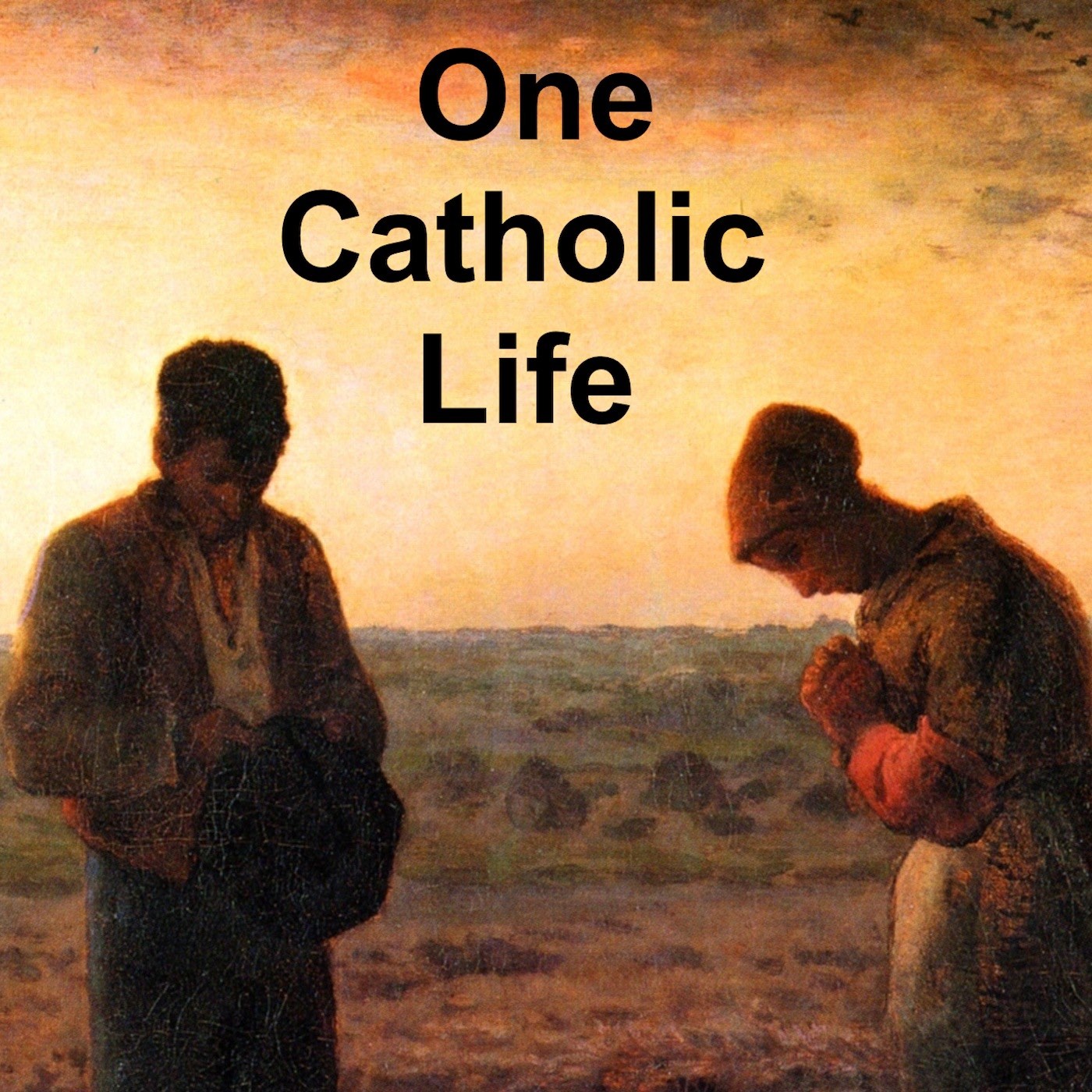Because He Lives: Homily for the Third Sunday of Easter – Year A
Description
The first few gospel readings of the Easter season
focused on showing us that Jesus was raised from the dead.
He eats with his disciples, he shows them his wounds,
he assures them that it really is him,
he is risen from the dead.
Now as we enter the third week of Easter
the scripture readings change their focus from the resurrection itself
to show us the effect of the resurrection on the disciples.
We see this first in the figure of Peter.
The last time we saw Peter was on Easter Sunday
when he was standing at the entrance of the tomb,
not knowing what to make of it, confused and unsure.
And before that, on Good Friday, we heard Peter deny Jesus three times.
And the day before that, on Holy Thursday, Peter argues with Jesus
about whether or not he would let Jesus wash his feet.
Peter just couldn’t get things right.
But today something is different.
Today Peter is no longer the frightened fisherman denying Jesus,
he is a firebrand speaking clearly, confidently, and courageously
to the people in Jerusalem.
His encounter with the risen Christ has transformed his life.
The effect of the resurrection
on the two disciples walking to Emmaus is just as dramatic.
They’ve left Jerusalem,
which, in Luke’s gospel, means they’ve given up on Jesus.
They’re leaving the faith community.
In their minds, Jesus was supposed to conquer the Romans
and usher in the glorious Kingdom of God on earth.
He wasn’t supposed to suffer a humiliating death.
So Cleopas and his companion are crushed, downhearted, and disappointed.
But they’re not so crushed that they won’t welcome the stranger
who joins them on their journey.
The unrecognized Jesus who accompanies them
first sets their hearts to burning with his interpretation of Scripture.
And once they recognize him in the breaking of the bread
they are fired up with such a passion
that they immediately return to Jerusalem
to rejoin the community and share their news.
Like Peter, they are transformed by the risen Christ.
The Resurrection of Jesus changes everything.
Because of the Resurrection,
that small group of disciples had the hope and confidence
to spread the Good News to the entire world.
Because of the Resurrection,
the early Christians could withstand persecution.
Because of the Resurrection history is divided in two:
B.C. and A.D.:
Before Christ and Anno Domini, in the year of Our Lord.
We are still in the Year of Our Lord.
This is the Year of Our Lord 2017.
The effects of the Resurrection continue today,
in our own lives and in the lives of people we know.
Today’s readings challenge us to ask ourselves,
is the resurrection transforming us?
Is it a life-changing force in our lives?
When was the last time we felt “our hearts burning within us”
over anything?
About a month ago
the entire city of Spokane had hearts set on fire
by the Gonzaga men’s basketball team.
Their journey to the Final Four and the national championship game
brought an incredible energy and life to our community,
like a fire burning within us.
It brought us together as a community.
People wore their Zag gear everywhere,
there were game watching parties,
and the Zags were the lead story in every newscast.
Their run to the Final Four
transformed our city.
More Episodes
We are given very powerful readings today,
powerful individually and powerful collectively.
And at the heart of them all is a line by St. Paul
in his letter to the Romans:
“…be transformed by the renewal of your mind,
that you may discern what is the will of God,
what is good and pleasing...
Published 09/04/23
Published 09/04/23
It’s a sad fact of history
that the largest religious community
that ever lived together in the same place
in the history of the Catholic Church
was at the Dachau concentration camp in Germany during World War II.
Over 2,500 Catholic priests became prisoners in Dachau,
in Cellblock 26,...
Published 02/13/23


